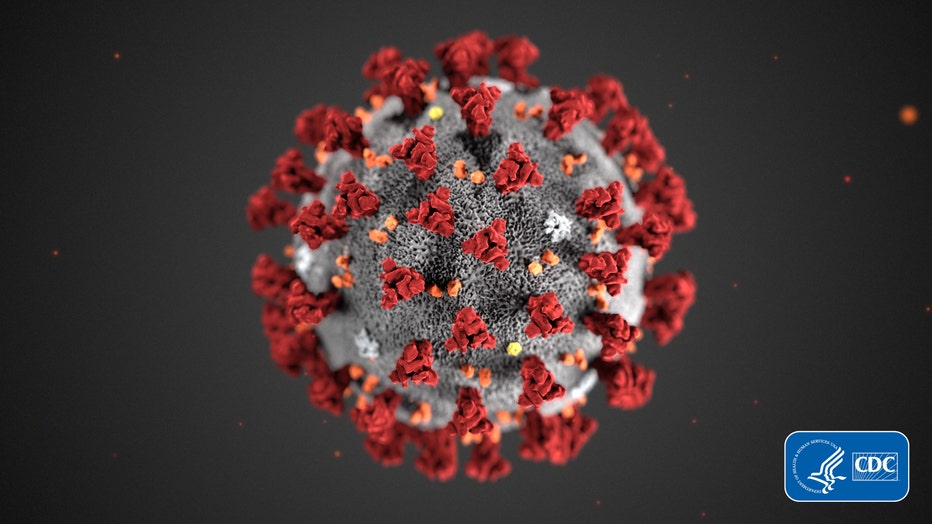Gastrointestinal symptoms should be monitored amid coronavirus outbreak, doctors say
Doctors: GI symptoms should be monitored
The American College of Gastroenterology based in Bethesda wants people to watch out for more than just respiratory symptoms while tracking COVID-19.
BETHESDA, Md. (FOX 5 DC) - As the fight against the coronavirus ramps up, The American College Of Gastroenterology based in Bethesda is trying to push out an important message about how the virus is being transmitted and detected.
The institute that represents thousands of doctors from around the world has been studying cases out of Wuhan, and some cases in the U.S., and found that coronavirus may present with not only respiratory symptoms, which has been the main messaging, but with GI symptoms, mainly diarrhea.
Download the FOX 5 DC News App for Local Breaking News and Weather
"We're getting the information as its coming out of Wuhan, and Italy and other places... and learning that the GI tract plays a greater role than thought previously," said Dr. Mark Pochapin, the Director of Gastroenterology at NYU and President of American College of Gastroenterology.
Novel coronavirus symptoms according to the CDC seem to be mostly focused on fever, cough, and shortness of breath.
But Dr. Pochapin says there should be another focus.
RELATED: Is it the flu, a cold or COVID-19? Different viruses present similar symptoms
"It's important to recognize that diarrhea may be more commonly seen early on in the presentation of Covid 19. And this is something we’re not really accounting for when we take a history we’re looking at fever and respiratory symptoms. So people should be aware of this," said Dr. Pochapin.
This is significant because the doctors says early detection is key and some cases could be missed. He says about 50% of the 200 Covid 19 cases studied out of Wuhan had presented diarrhea even before respiratory symptoms showed up.

This illustration, created at the Centers for Disease Control and Prevention (CDC), reveals ultrastructural morphology exhibited by coronaviruses, including the novel coronavirus identified as the cause of an outbreak of respiratory illness first det (Photo by Smith Collection/Gado/Getty Images)
So what do these findings mean for someone who develops diarrhea now?
"Truthfully diarrhea is so common, we shouldn’t panic, but I think it has to be put in the bigger picture. Did they have contact with anyone who had exposure? Perhaps they can self-quarantine just to see how their symptoms progress," he said.
The Doctor says while there’s been a lot of discussion about the respiratory spread of this virus through droplets, there’s also the potential for fecal-oral transmission.
CLICK HERE FOR MORE CORONAVIRUS COVERAGE
"The virus is in the stool. And it’s possible after using the bathroom we can contaminate a door nob a table top. If we touch somebody. That’s why it’s critical we wash our hands," said Pochapin.
Coronavirus fears and anxieties
As the coronavirus spreads, so do the concerns and anxieties of those in its path.
He says understanding how this virus presents and spreads is key.
The institute is hoping the CDC can make note of their findings, and that clinicians can identify patients with GI symptoms and monitor them.

